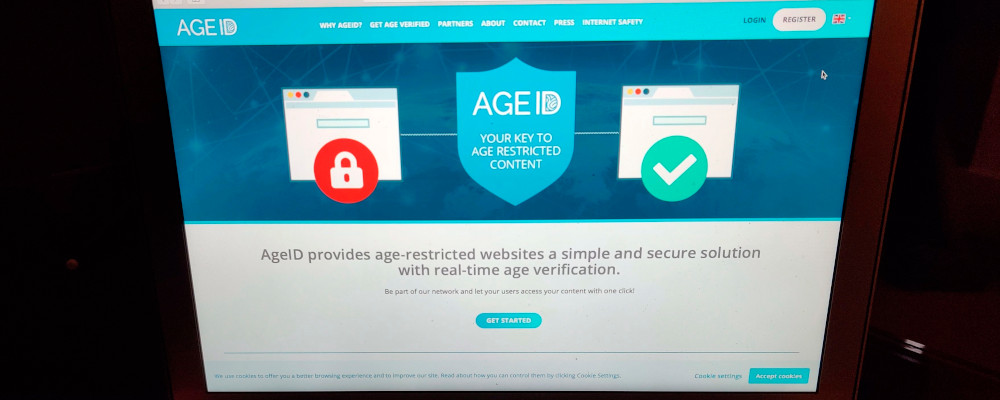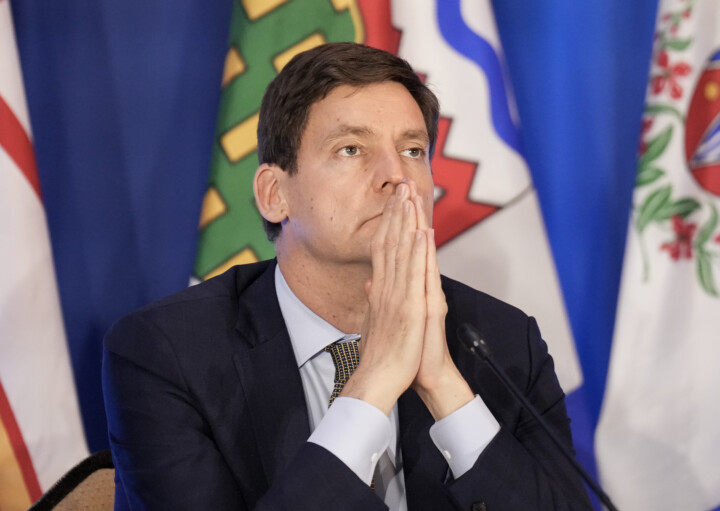Pierre Poilievre declared early last week that his party supported limiting child access to online porn. The news was breathlessly reported, the X analysis began, and it only took about 48 hours for the debate to shift from differences in principles and worldviews into a “well, actually” scuffle over technocratic implementation challenges.
Why was that?
As libertarians (of all partisan stripes) took to social media to mock Poilievre on principled grounds, I suspect that in making their arguments, they found their own messaging rather unpalatable, or at least they realized most Canadians would. You can just imagine how the thought process went. “HA!”, they thought to themselves. “Mr. Freedom himself isn’t so interested in all those freedoms, is he??” (So far so good). “I guess his consistent worldview isn’t so consistent after all!” (How embarrassing for him!) “I guess he doesn’t feel strongly enough about completely unfettered access to highly exploitative and disturbing online content for kids, does he??” (OK, maybe this part needs some spin.)

Because of course children shouldn’t have easy access to porn on the handheld devices they carry with them all day, every day. The very notion is so absurd that the only way to defend it is to change the nature of the argument. Given the necessary implication of a freedom-of-expression-based argument (that the adult right to expression outweighs a duty to protect children), I would probably pivot away from that path of argumentation quickly too. And to be fair, the technical policy arguments against age-gating are far stronger. Poilievre sought to address one of those arguments quickly, his office clarifying that his party would not support a digital ID. Still, implementation would be difficult. We’re not used to regulating the internet and writing policy to address external harms caused by new technology has never been easy. Wise policymakers will no doubt recommend an approach that allows for adjustments as legislation and regulation are tested by real-world applications.
Age verification will be tricky to implement, and any approach will come with risks. But let’s be clear about what those risks are. They’re not about a threat to freedom of expression. The libertarians put that matter to bed when they realized that arguing a porn star’s (or, perhaps more truthfully, a porn profiteer’s) right to self-expression supersedes our duty to children was a non-starter. For the implementation-is-hard argument, the risks are to the porn companies, and the troublesome red tape they’ll encounter (pour one out for Pornhub, I guess), and, more seriously, to the privacy of adults viewing porn online. Any time adults are required to provide proof of identity in a digital environment, there’s a risk of a data breach. It’s a real problem. But it’s a problem that affects many of our online interactions. Yes, it will be difficult to confirm age.
And of course, gathering personal data carries the risk of a data breach. But as our country increasingly operates online, this is already true. Whether we book plane tickets and provide our passport numbers, log on for some i-gaming and prove our age, or go online shopping and share our credit card numbers, we share data online all the time, taking the risk that our identity or payments might be compromised, and expecting the private sector and government to develop more sophisticated solutions to protect against that as time goes on.
“What about the parents?” you might say. “Why should I sacrifice my right to privacy and risk a data breach just because parents can’t keep their kids off porn sites?” I would direct your attention to the evolving policy matter of smartphones in schools. Some technologically powerful cultural trends are simply too potent for individual parents to push back against on their own. I won’t rehash the harms that early, frequent access to porn has on developing minds at great length, but they are plentiful, and it’s probably fair to say we haven’t yet measured the extent of it given that Gen Z is the first generation to carry social media on their phones, in their pockets, from childhood. Given the knowledge we do have, I think it’s unacceptable for policymakers to simply turn away, washing their hands of the issue and hoping kids come out relatively unscathed.
In high-functioning societies, we trade off rights, privileges, and duties all the time in public policy-making. “Ordered liberty” often requires that the strong in society give up some freedoms in order for us to collectively protect the weak. So, the question becomes, do you think an adult’s absolute right to guaranteed privacy online in every circumstance outweighs our duty to protect children from harmful content? I say no. Assuming we make every effort to protect adult privacy and are thoughtful about the policy design required to do so, we ought to prioritize our duty to protect children from harm. I suspect most Canadians agree with me.
Recommended for You

‘Those left behind feel betrayed’: BBC chief correspondent on Afghanistan’s fate

How much is Canada spending on health care—and where is the money going?

The Alberta-Ottawa energy agreement sounds impressive—but how excited should we really be?

Canada just took one big step closer to reaching its energy superpower potential




